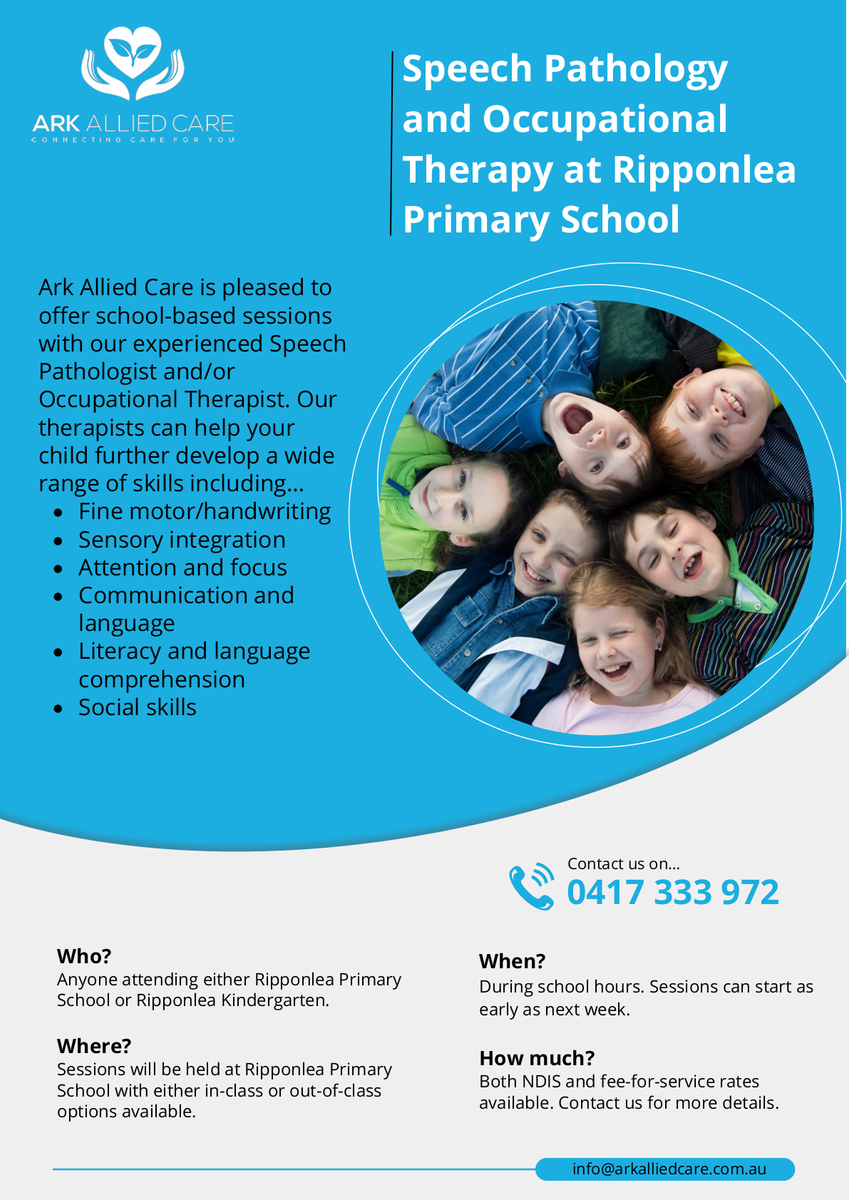Mental Health & Wellbeing Student/Parent Support
Articles, Videos & Resources

Mental Health & Wellbeing Student/Parent Support
Articles, Videos & Resources




Your child might need some support when school starts. Here are some simple things you can do to help these first few weeks go smoothly:
Some children might be tired after school for the first few weeks. Other children might still have the energy for after-school activities. Depending on your child’s energy levels after school, you might want to let your child rest and play at home for a few weeks until you think they’re ready for playdates and after-school activities.
#1. I’m good inside and I need you to acknowledge that rather than shame me or correct me all the time... or imply that I’m manipulative, or *trying* to be difficult or disobedient. I do well if I *can*...not if I *want* to. I am doing my best.
#2. Have more patience with me. I know I mess up a lot. I’m learning. My brain isn’t fully developed... yet. I need your empathy, not frustration.
#3. Laugh with me more and stop being so serious and lecturing. I tune out anyway when you go into monologue mode.
#4. I love it when you’re silly and playful even if I cringe and roll my eyes.
#5. I love spending time with you. Even if I act like I don’t like you - I always want you to *try* to spend time with me and offer to hug me. Don’t take my rejections so personally. I’m just trying to figure myself out.
#6. Trust me and my choices more. Trust that everything you call a ‘mistake’ was something I needed to do. Allow me to make my own meaning out of my experiences and stop projecting your fears, your insecurities and your doubts onto me. Saying ‘you’re a smart kid and I know you’ll work this out. I have your back. How can I help?’ is all I want to hear.
#7. Encourage me to follow my heart and pursue what lights me up.
#8. Don’t impose your will or rule my life through force, intimidation and manipulation.
#9. Lead me and guide me via your influence and close connection... not rigid control and power.
#10. Believe in me and that this is MY life to live... not yours. I’m not you. I need to learn some stuff on my own, and maybe even the hard way. Let me. Trust me enough to navigate this life... because when I see YOU believe in me, it makes it so much easier to do it myself.
Courtesy of Heidi Rogers